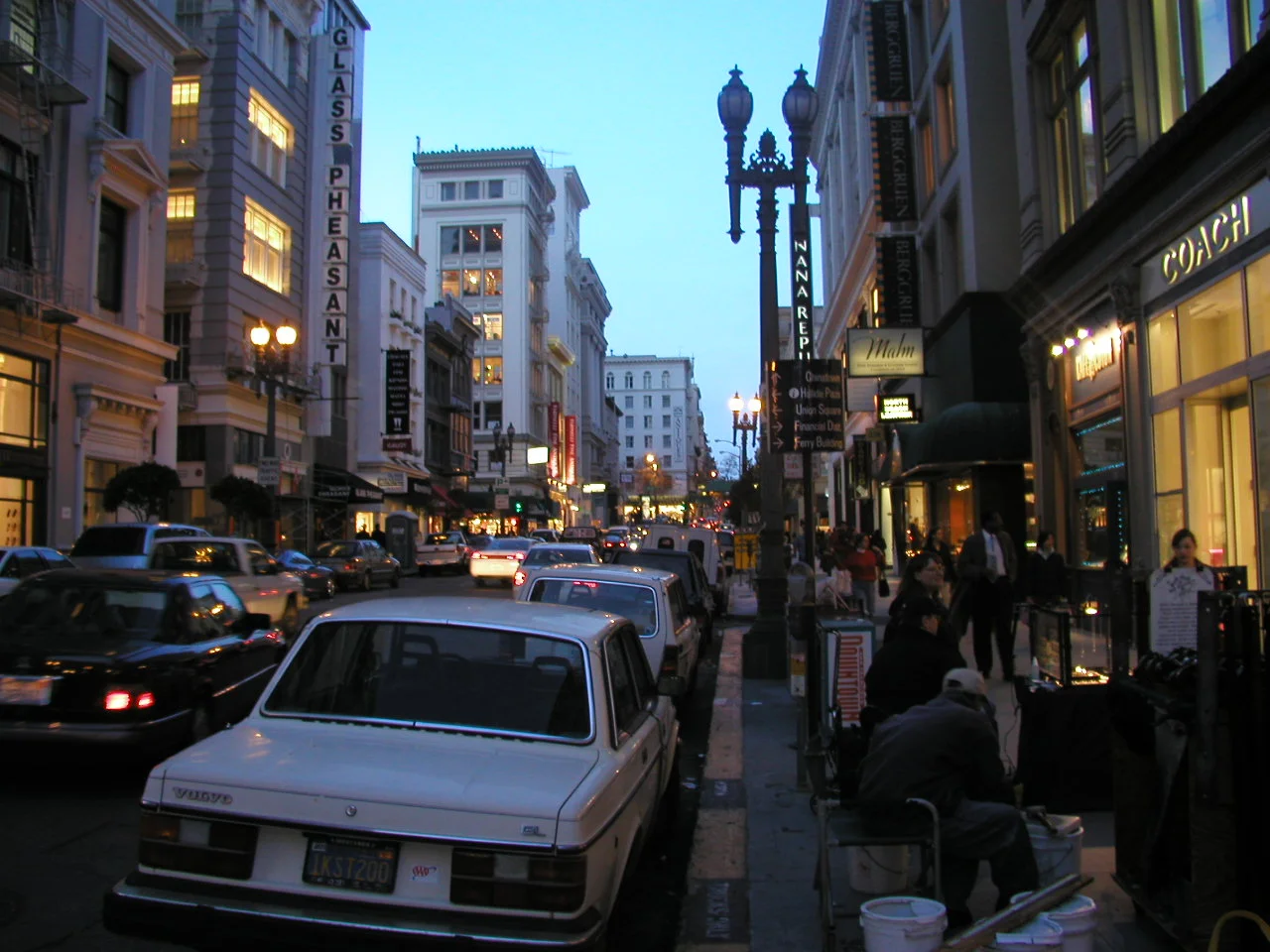While I agree with much of the thrust of this op-ed by Vishaan Chakrabarti, I don't agree with the conclusions. Here's how he frame America's urban future:
FOR all of the attention showered on hipster enclaves like Williamsburg, Brooklyn and Portland, Ore., America is only in the beginning stages of a historic urban reordering. After over a half-century of depopulation, cities have been filling up — and not just with young millennials, but with families and even older workers and retirees.
This reordering, should it continue, will have dramatic consequences for our politics and society — but only if the federal government undertakes its own historic reordering and shifts its priorities away from promoting the suburbs.
...
A staggering 90 percent of our gross domestic product and 86 percent of our jobs are generated in 3 percent of the continental United States, namely our cities. The carbon footprint of most urbanites is substantially lower. And cities are providing, however imperfectly, many more opportunities to climb the social ladder than our increasingly impoverished suburbs.
Unfortunately, our state and federal policies continue to encourage the opposite. Sprawl didn’t just happen — it is a direct consequence of “big government.” Cities don’t keep the wealth they generate: Our major cities send billions more in tax dollars to the suburbs, via state and federal coffers, than they get back.
Again - the basic thrust is correct. Cities are repopulating (some slowly, some much more quickly) and they do generate most of our wealth. And, indeed there are a slew of policies that historically have favored suburbs over cities. The largest of these are in infrastructure spending, which has pushed federal and state dollars to car-oriented solutions instead of walking, biking and transit.
It would indeed be great to correct those mistakes, and fix federal policy.
But I'm not holding my breath, and nor should cities.
Even if the federal playing field is not level, cities have tremendous assets that are completely under their own control. For far too many years urban advocates have played the "woe is me" mentality and ignored and degraded those inherent assets. City leaders have tried to compete for suburban customers instead of fighting for the slice of the market that wants urbanity. They've gone begging to higher levels of government to help with everything from transit to inter-city rail to neighborhood infrastructure.
Like Chuck Marohn, I think it's a wiser course for cities to step away from the mindset that help from the federal government (or increasingly state governments) is necessary.
Cities have the wealth as Chakrabati states; there's no need to wait around for others. Even languishing downtowns still generate tremendous value and revenue.
So, what should cities do, then?
First and foremost - know their customers. Understand that 20% of the market (number obviously varies from region to region) that really, really wants cities. Cater to them - don't destroy your own value by over-building parking and big roads. Don't try to compete with the suburbs for the suburban consumer. If it's difficult for people to drive in and park, from far-flung locations, that's ok. Your core market will appreciate that and stay. If you weaken that core product people will seek it out elsewhere. About 95% of the decisions that impact that character is completely in the control of cities through local rules, regulations, incentives, policies and more.
For more complicated issues, cities can certainly try and throw their weight around at the MPO level to impact regional transportation funding. But they can also proceed on their own. Cities an use value capture mechanisms and other local funding to finance and operate transit improvements. And, why not get creative? There's no reason public transportation has to be a money-sucking service - it isn't in big cities in other parts of the world. Don't accept the notion that it has to be subsidized.
Of course there's much more cities can do. Fixing their own zoning is a big deal, as is restraining the impulse to give away the store by providing lavish incentives to companies to move or stay. The larger point is, their destiny is in their own control. Cities have a product that some percentage of the market very much desires. Know it, understand it, and go after it. Whatever you do, don't dilute it by trying to appeal to everyone. As any business person knows, that's a sure path to failure.
For a few more ideas, check out my 11 step recipe for successful walkable places.
If you got value from this post, please consider the following:
- Sign up for my email list
- Like The Messy City Facebook Page
- Follow me on Twitter
- Invite or refer me to come speak
- Check out my urban design services page
- Tell a friend or colleague about this site

